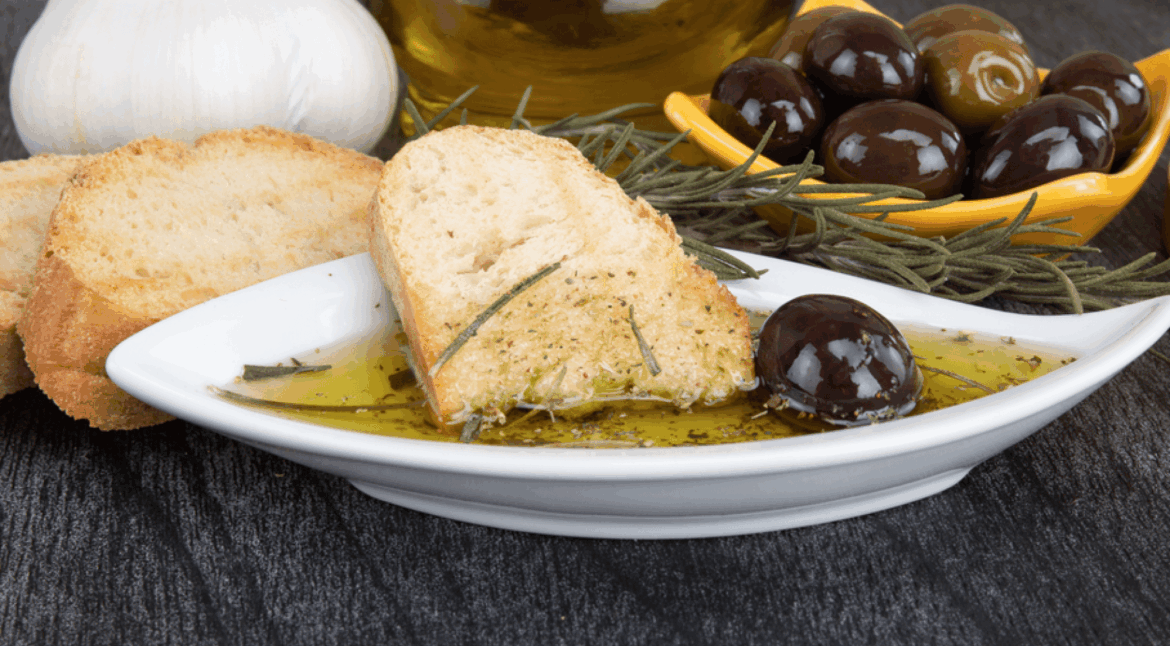Although the overall price level in the Netherlands is still rising, many products are also seeing price decreases, an ING economist pointed out in an analysis of the inflation figures published earlier this month by Statistics Netherlands.
Especially olive oil, fictional books, and audio-visual media became cheaper. But consumers profited the most from declining prices of petrol, international flights, and mobile telephone services, according to ING economist Marcel Klok. He notes that the lower prices are partly due to technological developments, adjusted trade agreements, and the rise in value of the euro.
Across the board, prices did rise in July. Statistics Netherlands calculated inflation at 2.9 percent, slightly lower than in June, when prices were 3.1 percent higher than in the same month last year.
Statistics Netherlands recently reported that the drop in inflation was mainly due to the housing prices, which are measured for both rental and owner-occupied homes based on changes in rental rates. In July, rents were 4.9 percent higher than a year earlier, compared with a 5.4 percent increase in June 2025.
Klok thinks that the price increase in the Netherlands is still“relatively on the high side.” In, for example, Germany and France, two of the largest economies in the euro area, prices rose less sharply.
Experts warned last year that the inflation rate in the Netherlands could remain higher than the average in the eurozone. This is partly as a result of the significant increase in wages in the Netherlands. The effects of government policies on excise duties and VAT also play a role in this.


Dining and Cooking